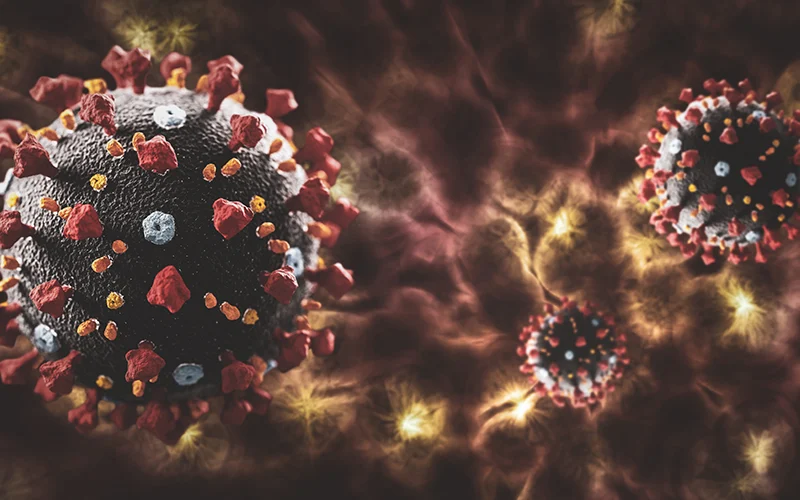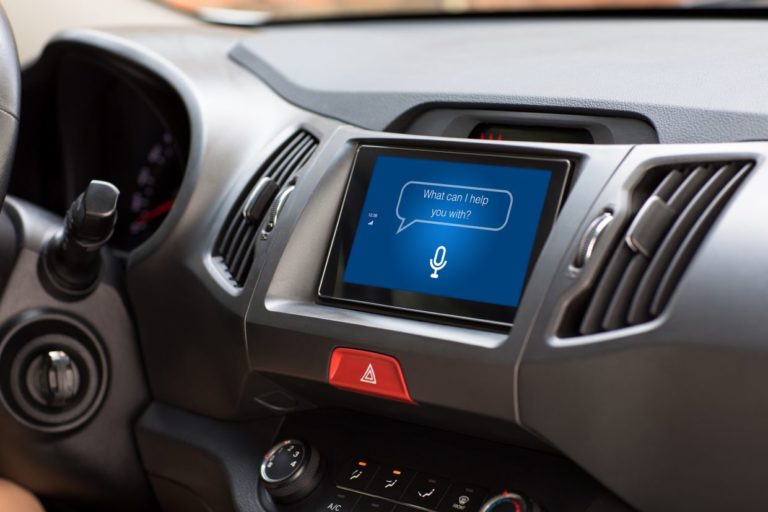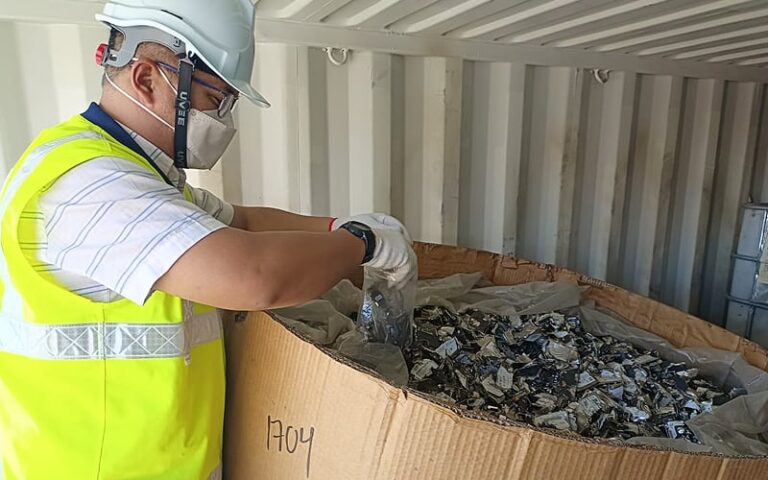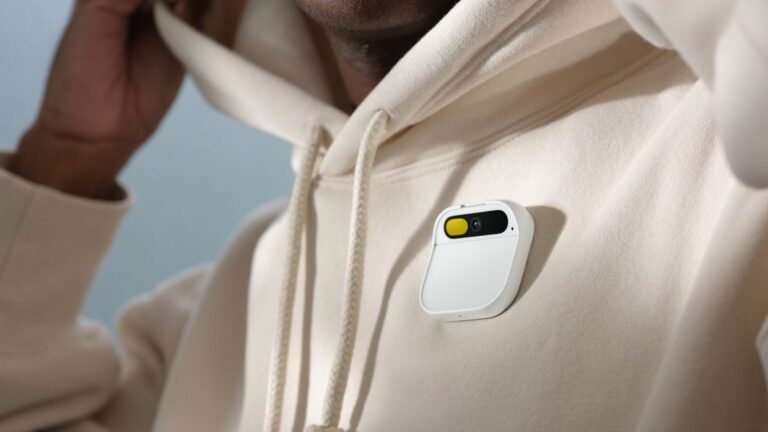AI-powered breathalyser could detect Covid-19, cancer
By ETX Daily Up – May 17, 2023
A version of this article was first published on Free Malaysia Today
PARIS: Soon, you might only need to blow into a breathalyser to find out if you have Covid-19 or other, more serious diseases like cancer and diabetes.
A team of US researchers has used artificial intelligence to develop a kind of breathalyser that can diagnose various diseases quickly and accurately.
Scientists from the University of Colorado, Boulder and the National Institute of Standards and Technology are working on a new kind of AI-powered breathalyser that could detect Covid-19 and other diseases such as cancer and diabetes in real time, just from a person’s exhaled breath. The results of their research are published in the Journal of Breath Research.
“Our results demonstrate the promise of breath analysis as an alternative, rapid, non-invasive test for Covid-19 and highlight its remarkable potential for diagnosing diverse conditions and disease states,” says study first author Qizhong Liang, in a news release.
This breathalyser works with “frequency comb spectroscopy,” a technique that uses laser light to distinguish one molecule from another.
It is able to identify biomarkers of disease in human breath. In order to ensure more accurate detection, the researchers integrated artificial intelligence.
“Molecules increase or decrease in concentrations when associated with specific health conditions,” explains Qizhong Liang.
“Machine learning analyses this information, identifies patterns and develops criteria we can use to predict a diagnosis.”
An initial trial was conducted between May 2021 and January 2022, collecting breath samples from 170 CU Boulder students who had undergone PCR testing in the previous 48 hours, either by submitting a saliva or nasal swab. Half had tested positive, half negative.
When compared with the PCR tests performed, the results obtained with the breathalyser were found to be accurate, matching in 85% of cases.
However, the study, which is small in scale, requires more subjects to effectively confirm the effectiveness of the breathalyser.
And there is still much to be learned, says the senior author of the research, Jun Ye. “With one breath, we can collect so many data points from you, but then what? We only understand how a few molecules correlate with specific conditions.”
The research team is currently working on miniaturizing the breathalyser system to the size of a chip. This could boost the potential uses of this test, which could then be integrated into various devices, possibly even smartphones.
The test is also being improved in order to detect a maximum number of possible diseases. For example, the researchers are working with several paediatric and respiratory specialists to refine the functionalities of the breathalyser.
Their objective is to “explore how the breathalyser can not only diagnose diseases but also enable scientists to better understand them, offering hints about immune responses, nutritional deficiencies and other factors that could contribute to or exacerbate illness,” the news release explains.







